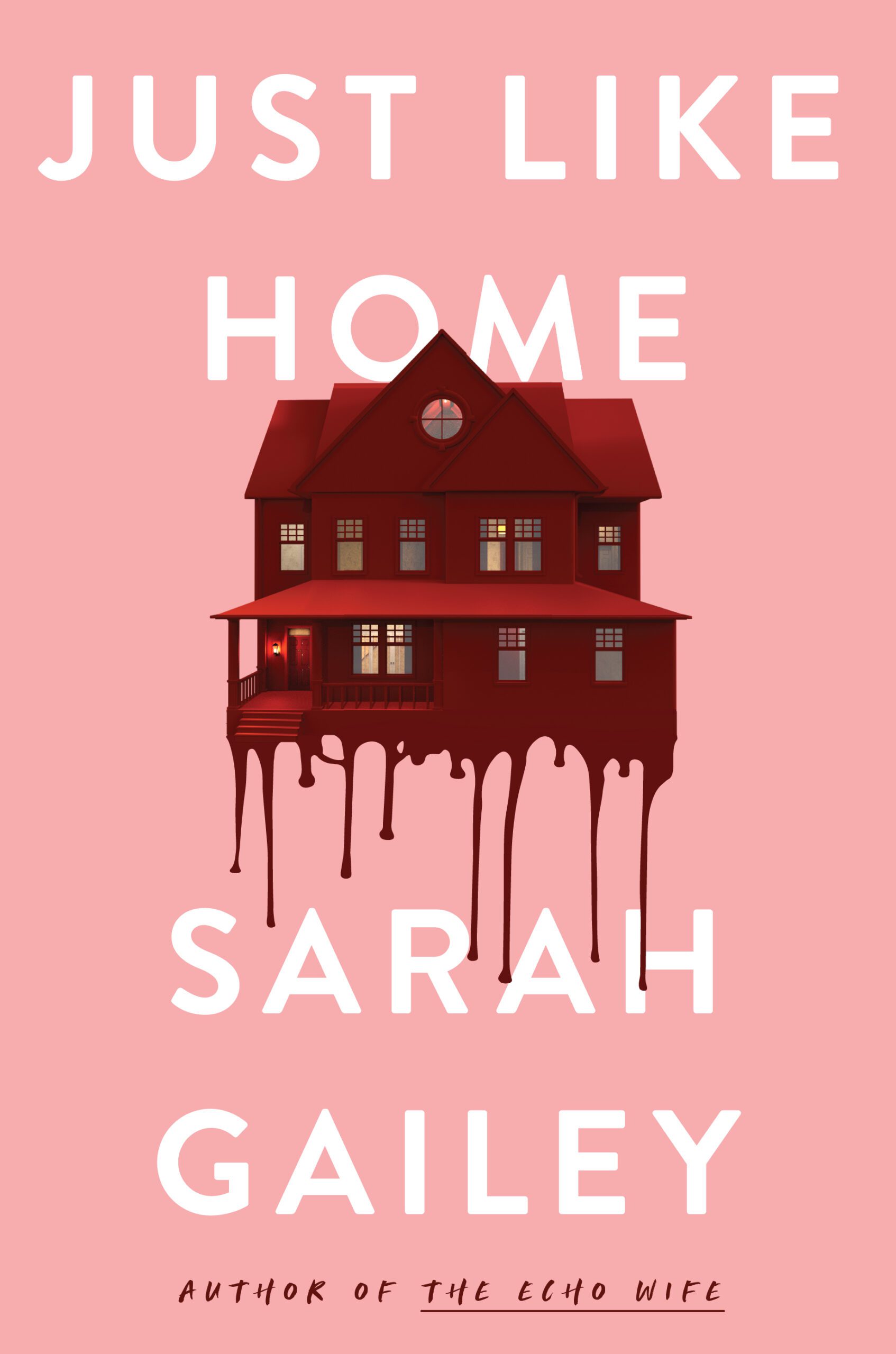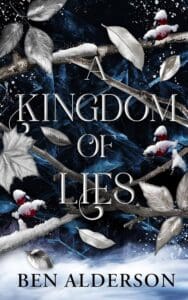
Synopsis
“Come home.” Vera’s mother called and Vera obeyed. In spite of their long estrangement, in spite of the memories — she’s come back to the home of a serial killer. Back to face the love she had for her father and the bodies he buried there.
Coming home is hard enough for Vera, and to make things worse, she and her mother aren’t alone. A parasitic artist has moved into the guest house out back, and is slowly stripping Vera’s childhood for spare parts. He insists that he isn’t the one leaving notes around the house in her father’s handwriting… but who else could it possibly be?
There are secrets yet undiscovered in the foundations of the notorious Crowder House. Vera must face them, and find out for herself just how deep the rot goes.
Review
Unbeknownst to me until this year, I am a huge fan of manifestation horror. Books such as Clay McLeod Chapman’s What Kind of Mother and now, Sarah Gailey’s Just Like Home present unique takes on what it means to create something, to give an idea, a notion, thought to the point that it may take on a life of its own. This unique genre/trope/whatever you want to call it brings about so many questions, ideas, and thoughts about topics that are normally so abstract. In this case, the word “home” can mean many various things to any given person; it can be another person, a place, or a thing. In truth, there’s really no set definition for “home” across the board. And this is the idea that radiates throughout Just Like Home.
Vera must return home to care for her ailing mother, a person she has a complex relationship (if you want to call it that) with. Homecomings are typically loaded with emotional baggage and trauma in horror fiction, and this is no different in Vera’s case. Returning home not only means cleaning out the house given her mother’s imminent passing, but also means returning to the place where a serial killer, Vera’s father, lived and killed. Told through various points of Vera’s life, it’s clear to see the complications within this relationship as well. Despite the sharpness of his violence, Vera’s father exuded nothing but love for her while her mother shared only resentment.
The complexities of Vera’s relationship with her parents serve as only one of the many conflicts that occur within this book. More importantly, it seems as though Vera is at odds with herself, not knowing where to land in relation to her identity in the face of her arrival back home. This uncertainty lends itself to a constant atmosphere of tension and suspense which only builds based on the revelations made regarding Vera’s childhood. Many of these memories center around events that happen within the family home, a home constructed by her father.
In its own way, the house is a character itself starting from page one. Gailey describes the rooms, walls, and fixtures with human traits allowing for a realistic quality of this living, breathing, organism. The home itself is central to Vera’s upbringing and the events she experiences given her father operates from the basement. To boot, there are a bunch of weird things going on with this house that bring about the idea that it’s haunted: flickering lights, blankets being pulled off the bed, and weird sounds occurring at odd hours. Gailey uses these instances to inject horror into an already tense atmosphere while managing to completely subvert your expectations by the book’s end.
These haunted house-esque occurrences may sound like the most gruesome aspect of this story, but to be quite frank, Vera’s mother speaks some of the most vile, incomprehensible dialogue to her own daughter. Some of the most devastating pieces of conversation are shared in her weakest hours as she is at death’s door. Truthfully, the monster in the story is not the one that lurks under Vera’s bed nor is it her father, a man who killed time and time again. Perhaps what Gailey does best is the execution of such a juxtaposition of roles within the confines of character types. When left with a lack of love and in the face of so much turmoil, Vera imagines the ideal friend, one who cares for her without the risk of cruelty or harshness. Enter the consequences of such imaginations.
Just Like Home’s conclusion is not easily predicted and serves as one of the most oddly comforting endings I’ve come across in horror fiction thus far. The culmination of Vera’s understanding of the strangeness occurring around the house with the recollection of her childhood results in a unique set of events. With a surprisingly emotional twist, the answer to Vera’s identity lies within the walls of this house metaphorically and literally. Sarah Gailey crafts an expertly ominous, mysterious, and moving tale of what it means to finally be home.









Leave a Reply